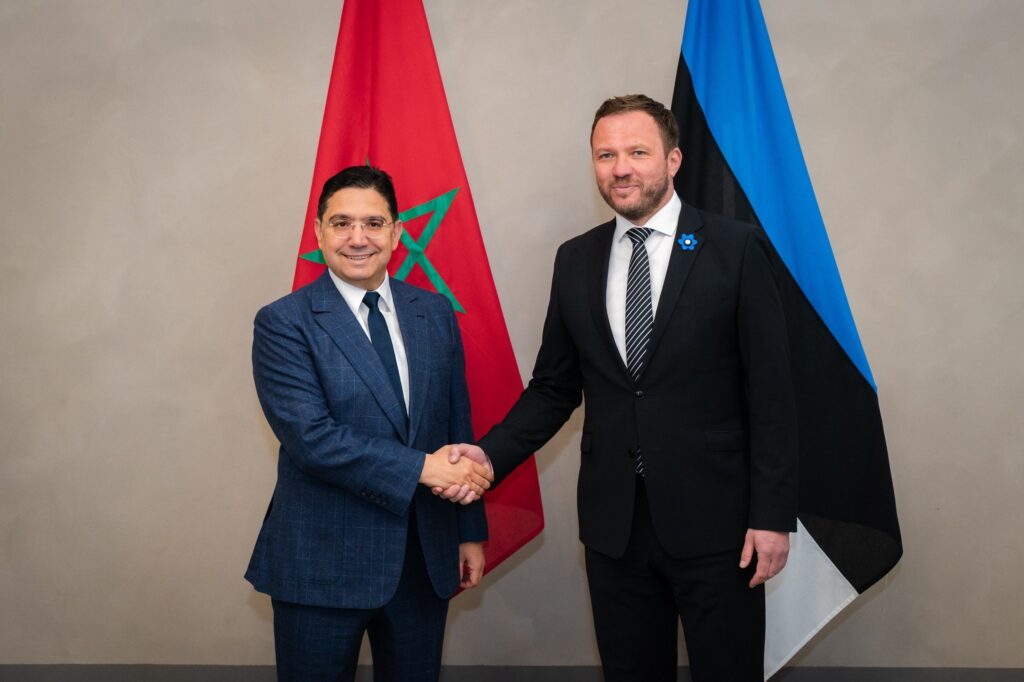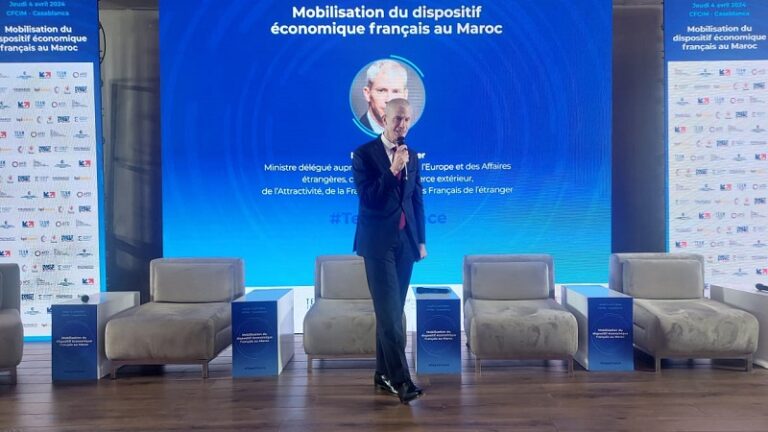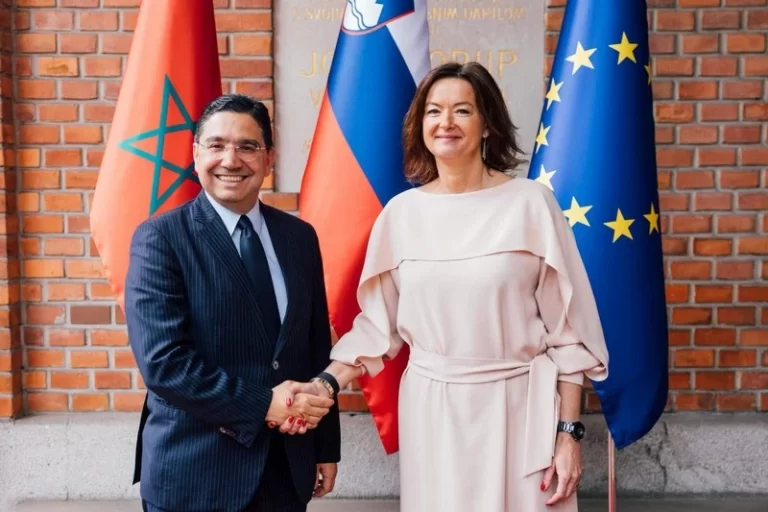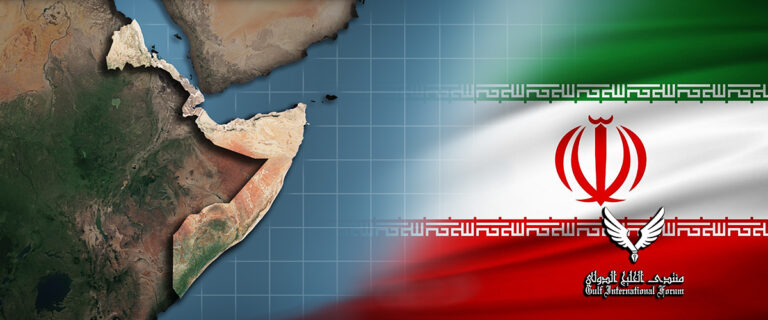
Budapest, April 16, 2025 — In a clear and unwavering diplomatic stance, Hungary has reaffirmed its support for Morocco’s autonomy initiative as the cornerstone of a lasting political resolution to the Moroccan Sahara issue.
Following a high-level meeting in Budapest between Hungary’s Minister of Foreign Affairs and Trade, Péter Szijjártó, and Morocco’s Minister of Foreign Affairs, African Cooperation, and Moroccan Expatriates, Nasser Bourita, the two nations issued a strong joint signal of alignment. Minister Szijjártó emphasized that the autonomy plan, presented by Morocco in 2007, “must be the basis for the solution” to the long-standing regional dispute, and reaffirmed Hungary’s full support within the United Nations framework.
The Hungarian minister went further, highlighting that Hungary took note of the reaffirmed positions of key allies such as the United States and France, who have also recognized Morocco’s plan as serious, credible, and realistic.
As a demonstration of its growing engagement, Hungary announced two major diplomatic steps. First, Szijjártó confirmed that the Hungarian ambassador to Morocco will soon visit the Moroccan Sahara, joining the ranks of ambassadors from several influential nations who have already made similar trips. Second, the Hungarian consular services will now be extended to serve Moroccan citizens across the entire Kingdom — a practical gesture underscoring deeper bilateral cooperation.
This visit and declaration mark a turning point in Morocco–Hungary relations, transforming traditional diplomatic ties into a more dynamic partnership grounded in mutual respect, shared geopolitical vision, and strategic alignment on key international issues.
Morocco, under the leadership of His Majesty King Mohammed VI, has steadily expanded international support for its autonomy initiative, and the position of Hungary further strengthens the growing global consensus in favor of this approach. The latest UN Security Council Resolution 2756 welcomed this positive momentum and called on all parties to build on it.
Minister Bourita welcomed Hungary’s strong and principled position, calling it an important signal of solidarity from within the European Union. He also praised the continuous development of bilateral relations, which now encompass political dialogue, economic cooperation, and coordinated stances on international issues.
As Hungary aligns itself with a growing coalition of nations supporting Morocco’s sovereignty over its Sahara and the autonomy proposal as a viable resolution path, the partnership between Rabat and Budapest is poised for a new era of strategic depth and shared diplomacy.




